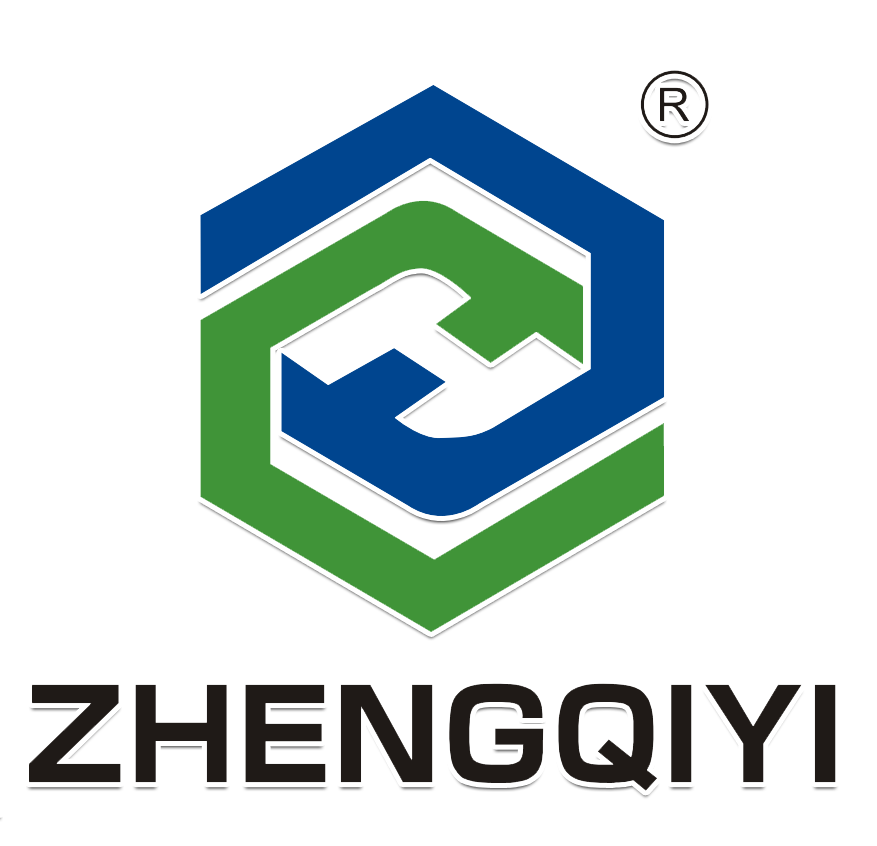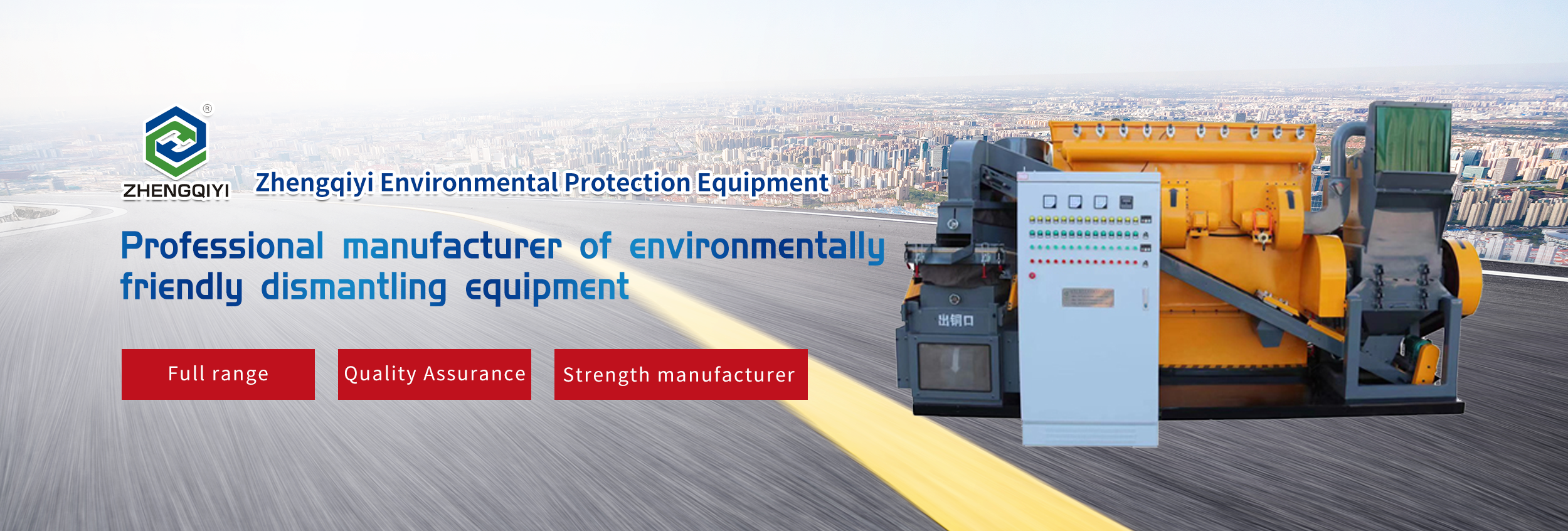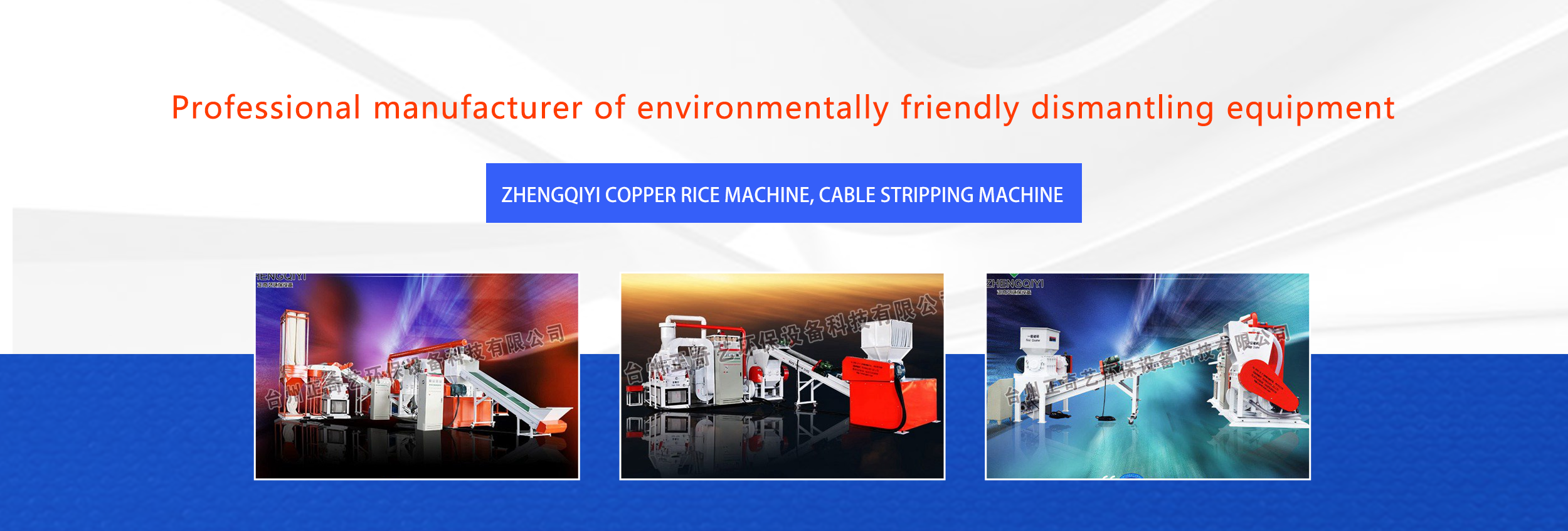The market potential of China's waste household appliance dismantling equipment is enormous
The regulation will be implemented, and there is huge potential for the market of dismantling equipment for waste household appliances in China. Since 2011, the "Regulations on the Management of Recycling and Processing of Waste Electrical and Electronic Products" have been officially implemented, and enterprises with large-scale modern waste electrical appliance recycling and processing businesses can benefit.
According to the Catalogue for the Disposal of Waste Electrical and Electronic Products, five categories of products including televisions, air conditioners, refrigerators, washing machines, and microcomputers will be the first products to be officially recycled and dismantled according to national standards. The first batch of five categories of products included in the catalog announced this time are the same as the five categories of products that enjoyed a 10% subsidy from the state in the previous implementation of the "trade in" policy.
The promulgation of this regulation has clearly regulated the recycling and dismantling of a large number of waste electrical and electronic products in the current market, putting them on a track of large-scale and industrialized development. This means that in six months, the formal recycling and dismantling of five major categories of household appliances such as televisions and air conditioners will become mandatory. Recycling and processing enterprises will not only receive sufficient raw material guarantees, but also receive national tax incentives. This will be a major benefit for TCL Group, which is the first to enter the environmental protection business. Its two large-scale modern and standardized waste household appliance recycling projects will be a major advantage.
Looking at the current situation of recycling and reusing discarded household appliances, the overall level in China needs to be improved. In the past, discarded household appliances were mostly dismantled and processed by small and medium-sized enterprises or even manual workshops, which not only caused a lot of pollution but also had low efficiency. The upgrading and transformation of the market urgently requires the emergence of large-scale modern household appliance waste processing enterprises.
At present, domestic household appliances have entered a peak period of scrap. According to authoritative data, in 2009, the scrap volume of five types of household appliances including televisions, refrigerators, washing machines, air conditioners, and computers reached 90 million units. By the end of 2010, the total scrap volume of electronic products in urban areas of China is expected to reach 1.3 billion units. Based on this calculation, the recycling and processing industry of waste household appliances in Guangdong Province alone has an annual business opportunity of over 10 billion yuan, while the national market will exceed 100 billion yuan. The market potential for the recycling and utilization of waste electrical appliances will bring rare development opportunities to companies that have already entered this field.
The promotion of the "trade in" policy has further promoted the development of the recycling and dismantling business of waste household appliances. According to the latest statistics from the Ministry of Commerce, as of May 31st, 14.798 million old household appliances have been recycled and 8.655 million have been dismantled in the pilot areas for exchanging old appliances for new ones. The recyclable resources such as waste plastics and copper have reached 272000 tons, effectively achieving the coordinated development of the upstream and downstream of the industrial chain. Huizhou TCL Environmental Resources Co., Ltd., a subsidiary of TCL Group, specializes in investing and operating in the environmental protection industry. Its main business includes the recycling and comprehensive utilization of waste electrical and electronic products, hazardous waste recycling and comprehensive utilization, and investment and operation of other environmental protection businesses. The company has a registered capital of 300 million yuan and has invested in the construction of two circular economy industrial parks in Huizhou, Tianjin and other places. Both circular economy parks are built according to international standards and achieve ecological circulation of the entire industry chain through green design, green manufacturing and harmless recycling of waste electronic products.
TCL Group is currently implementing the construction of an environmental protection base in Huizhou. The modern environmental protection base in Huizhou Huitai Industrial Zone covers an area of nearly 130000 square meters, with an annual comprehensive treatment of 150000 tons of hazardous waste and the dismantling and processing of 20000 tons of waste electronic and electrical products. At the same time, TCL Group, together with Tianjin Boqi Metal Products Co., Ltd. and Tianjin Ziya Environmental Protection Industrial Park Co., Ltd., is also accelerating the construction of "TCL Aobo (Tianjin) Environmental Protection Development Co., Ltd. The Tianjin Environmental Protection Base has a larger scale, with a total planned third phase and a processing capacity of 300000 tons. At present, the first phase of the project construction will be put into operation within the year, with an annual processing capacity of 100000 tons of electronic products. It is expected that after the project is completed, TCL will become the largest waste electronic and electrical product processor in the country. While achieving good benefits for the company, it is expected to completely change China's previous backward situation in waste home appliance processing. Environmental protection business will become a new profit growth point for TCL Group in the future.
Overall, with the support of industrial policies, China's waste household appliance dismantling equipment environmental protection business will usher in new development opportunities, both in terms of industry scale and business profits.




